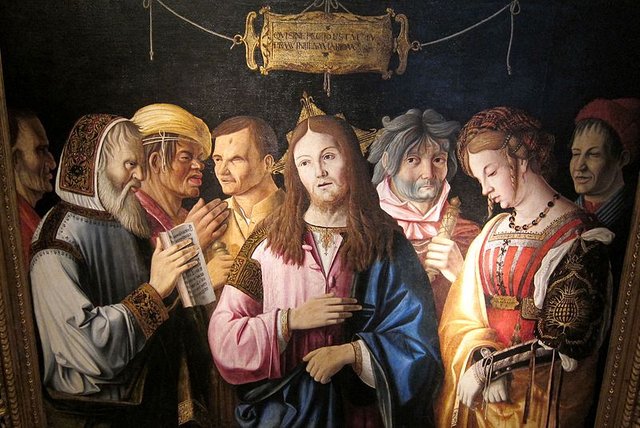Some thoughts about the philosophy in the middle ages and the renaissance
The dialogue between pagan rationality and Christian thought was guided by the first centuries of New Testament time. The moral problem occupies a central place in Late-Ancient Philosophy (II-IV c. AD); this is, by the way, a common phenomenon for the spiritual life of a society that has been dragged along the sidelines of the crisis - the Roman rule "over the world" was inevitably going to end.The fourth century presented the Christian ideology with the "official religion of the Roman Empire". "High rank" did not come for Christianity freely.
In the annals of his story, there has already been a harsh rivalry with the mythological notions of the people in all the lands around the Promised, the Zoroastrianism of the Persians and the Jewish religion. This was a chronicle of bloodshed and missionaries, of spiritual feuds and assimilations that brought Christian moral values to the birth, life, death, and resurrection of the Son of God Jesus Christ to supremacy in the spiritual life of mankind.The mistaken impression that the Christian ideology owes its popularity and power to its consecration as a state spiritual policy may appear; or that she enlightened the commonwealth because she "won" primitive beliefs and cults.
No, Christianity is long-lasting, above all because it superbly fulfills the sociocultural function of religion. The word "religion" originates from the Latin "verb" religare, re-ligare, which means "connect again". Restoring the relationship with God is the main purpose and purpose of religion as a phenomenon of culture. The Christian religion represents the restoration of man's relationship with God. Once lost the grace of God, man recovers it through religion, and thus attains his salvation. Man must be religious, seek to associate with God in order to be saved from his original sinfulness. The key to the historicity of the Christian religion is hidden in salvation. Sent as a redeemer of human sinfulness, Jesus Christ set the most memorable date in the rise of the human race to God - His death and resurrection are the beginning of the New Age!
Every story has a beginning and an end. At the beginning of human history, according to Christianity, there is the Fall, the End is the Supreme Court. Before the first sin and after the Second Coming, man is in direct union with God. For all the rest of the time, it requires religion - every time and for all its life, a person through religion joins God. If mythology explains events only with the past, and philosophy considers every event "our-here-and-now" through the Absolute (ie, over-historical), the Christian religion in its design works historically - both with the past, with the present, and with the future.

You got a 25.94% upvote from @brupvoter courtesy of @godflesh!
You got a 9.48% upvote from @minnowvotes courtesy of @godflesh!